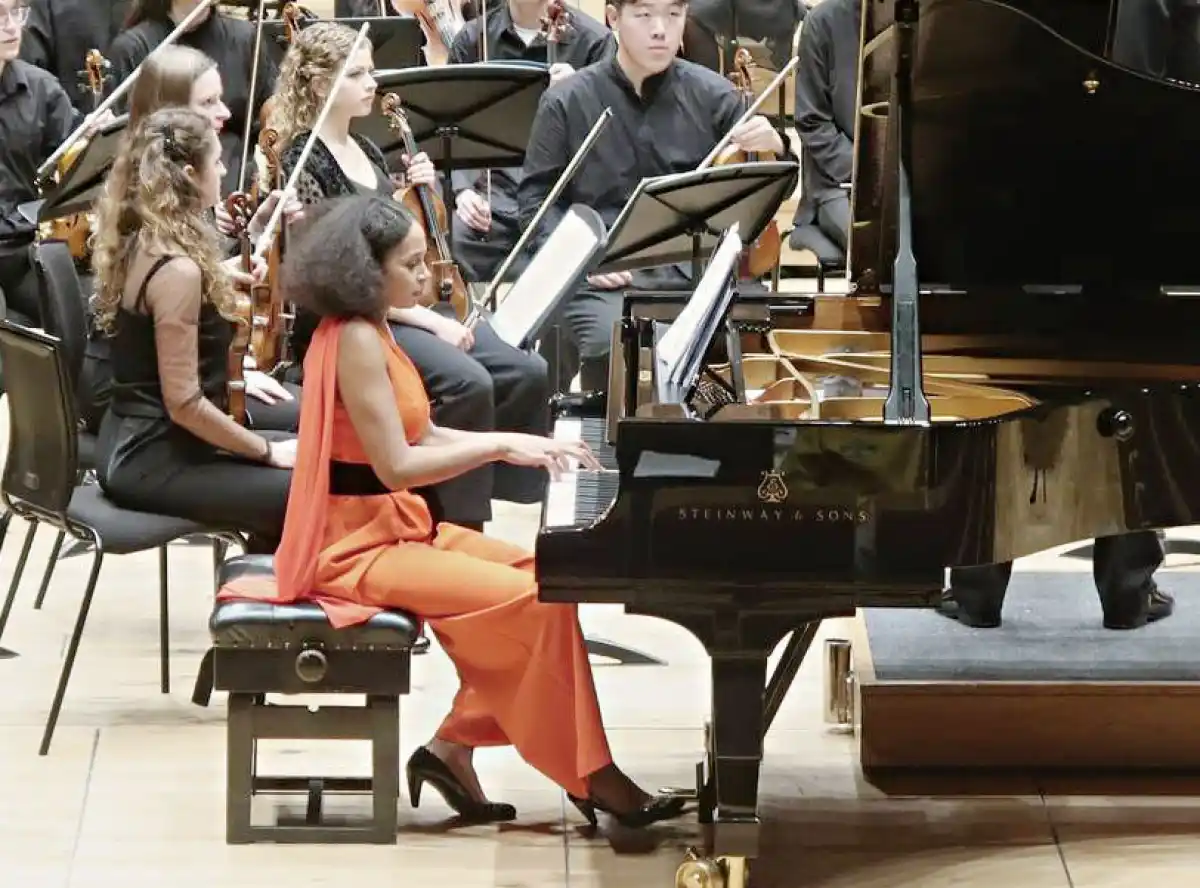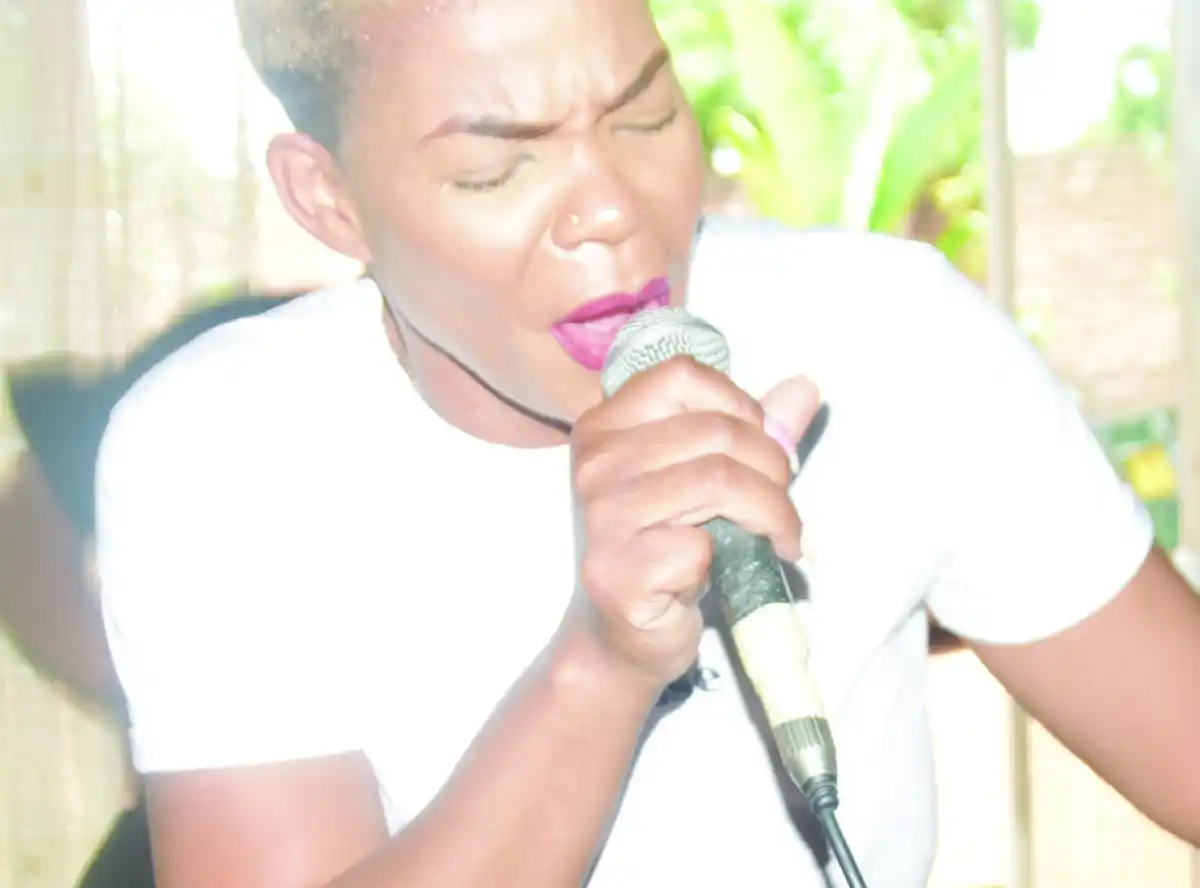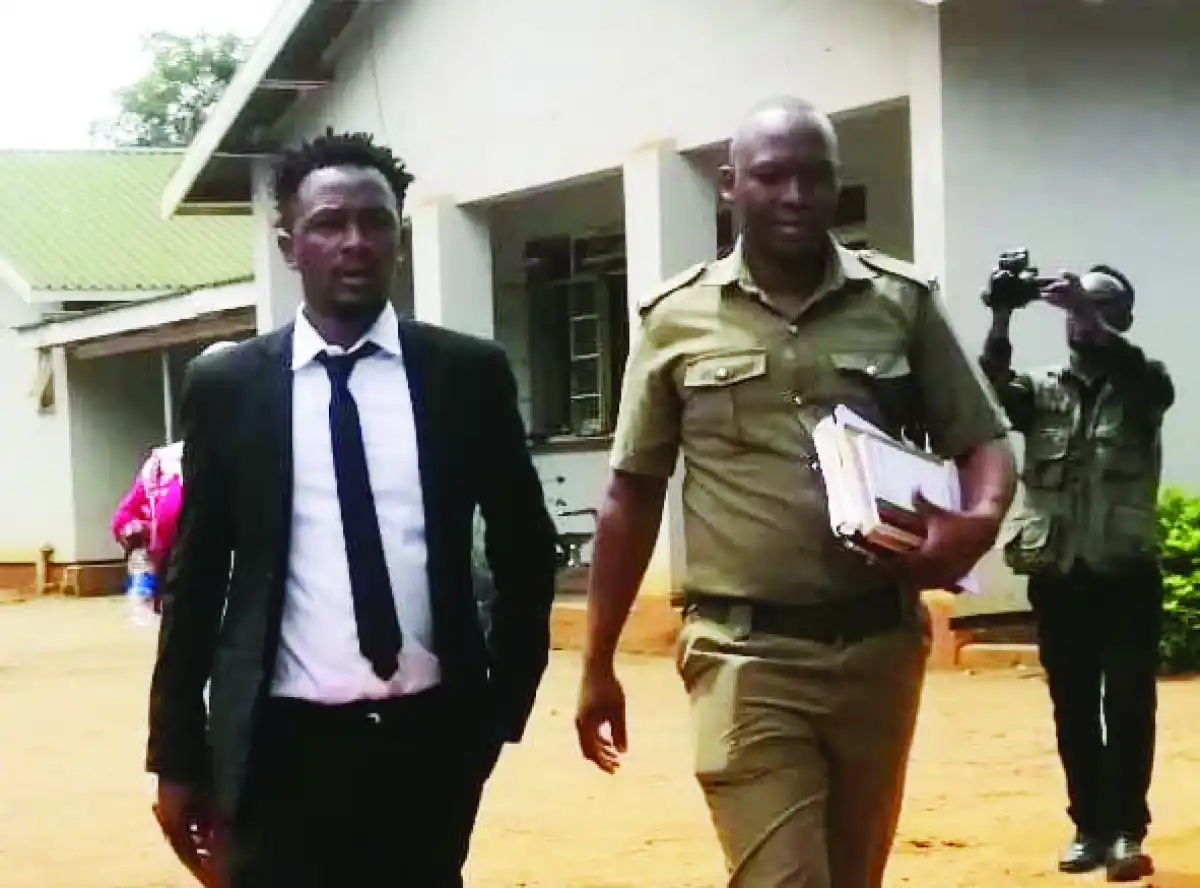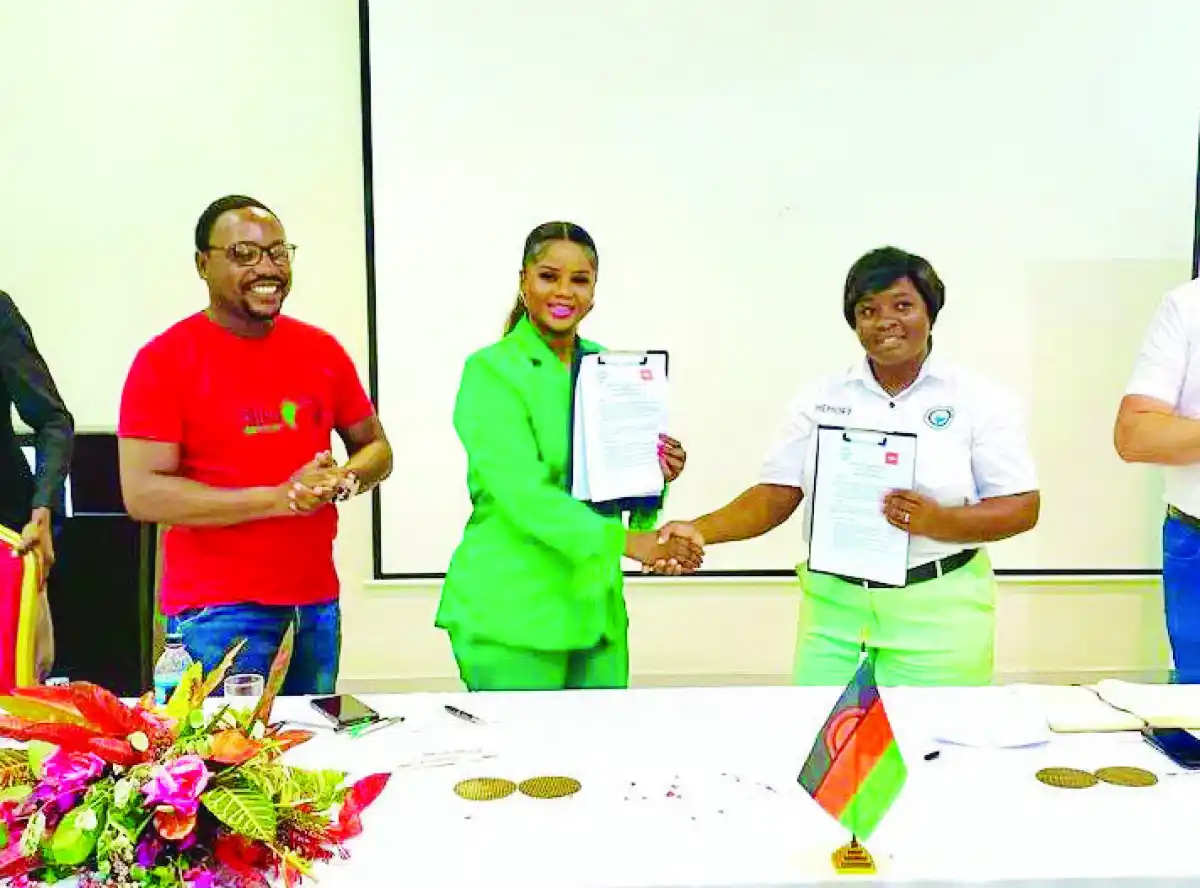

Award-winning classical pianist Rebeca Omordia has just released her second album. Titled African Pianism Vol 2, she takes her listeners on a musical journey through the African continent while exploring new regions.
Hailed as an “African classical music pioneer” by the BBC World Service, London-based Omordia is an exciting virtuoso with a wide-ranging career as soloist, chamber musician, recording artist and artistic director.
She was born in Romania to a Romanian mother and a Nigerian father. Omordia studied in the UK at the Royal Birmingham Conservatoire and Trinity College of Music. She holds a doctorate in music from the National University of Music in Bucharest, Romania.
We asked her some questions.
How would you define African pianism?
It is a style of writing for the piano that expresses certain features of African traditional music. It is reflected in the sound the piano produces, sometimes imitating African drums, using melodies inspired by chants, dances on complex rhythms — resulting in a sound world inspired by the music of our ancestors.
Does an Ethiopian composer’s music, for example, sound different from that of a Moroccan composer?
Every region in Africa has a different musical tradition which is reflected in the music the composers write.
While the music of both composers from Ethiopia and Morocco uses a lot of ornamentation, Morocco adheres to the musical tradition of North Africa that uses characteristics similar to the music of the Arab world.
How did you select the pieces on African Pianism Vol 2?

I start in West Africa with music by Fela Sowande, the father of Nigerian art music and Akin Euba, the inventor of African pianism — their music is based on Yoruba folk melodies and high-life songs.
I then travel to North Africa where I explore beautiful Moroccan melodies by Nabil Benabdeljalil and I discover Algerian dances by Salim Dada.
I explore East Africa, with music inspired by the krar music by Girma Yifrashewa. Mokale Koapeng brings an amalgamation of South African traditional dances; the album also features a transcription of Senzeni Na? arranged by his compatriot Grant McLachlan.
Africa is patriarchal, and I hope my work will inspire African female musicians to write music, so I decided to include music from the African diaspora by Florence Price, while also revealing the history of African-American people, through the featured Negro spiritual in her Fantasie Negre.
What do you hope people will take away from your new album?
I hope my album will give people a glimpse of the cultural diversity of the African continent and will create awareness of the music of hundreds of African composers.
People often associate classical music with old, dead white composers — is that fair?
People only talk about what they know and the aim of my work is to create a place in the history for African classical music to gain international recognition.
Why is it important for you as a black performer of classical music to be visible and present in concert halls, on recordings and in the media?
I believe representation is important in order to inspire the younger generation, to help them understand they have as much of a right to be wherever they dream to be.
Do you feel you have to work harder than your white contemporaries?
I was raised in a family where hard work makes the basis for success and I never saw my failures because of racial inequality but as a lesson to work harder and to finding better ways to succeed.
What does your African family think about your music?

My African family is very proud of my music as I am continuing the legacy left by my paternal grandfather, who was a famous traditional flute player.
How is classical music still relevant today?
Music brings people together and African classical music bridges the gap between the European and African cultures while changing the way we see classical music.
When and why did you decide to become a professional pianist?
I grew up with my older sister taking piano lessons and I used to sit alone at the piano making my own tunes.
When I was seven years old I “informed” my parents I wanted to enrol at the specialist music school as I wanted to become a professional pianist!
What are your get-ready rituals before a show?
Practise, practise, practise!
How long into a performance do you stay stressed?
I don’t see it as stress but as focus.
What’s the most memorable fan encounter you’ve had?
A few years ago in Lagos, after a performance with Muson Symphony Orchestra, students from various primary schools came to greet me — it was inspiring.
Do classical musicians also have groupies?
Yes! It is reassuring knowing that you have your “tribe” coming to support you.
What non-classical music do you listen to?
I absolutely love Majek Fashek and Lucky Dube. —MAIL & GUARDIAN








0 Comments